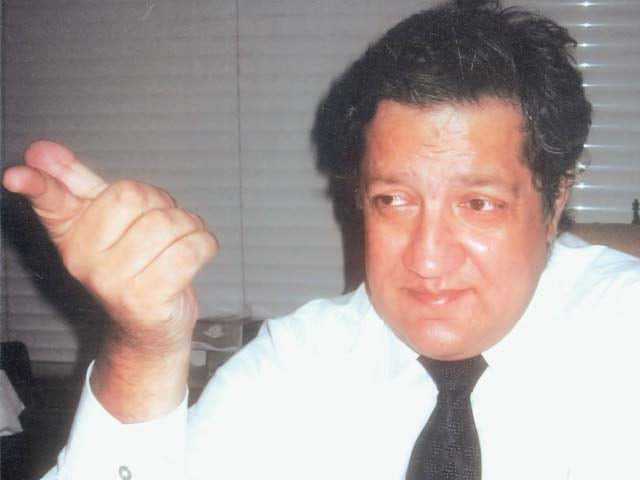‘Bureaucratic interests stifle progress in the country’
International Chamber of Commerce Pakistan continues struggle to implement international road transit convention.

He said this while referring to the obstacles ICC Pakistan is facing in implementing the Transit International Routier (TIR) Convention, which seeks to boost trade and government revenues through enhancement of transit-trucking means here. The convention also aims to simplify and harmonise the administrative formalities of international road transport.
Rangoonwala is also the chairman of the Rangoonwala Group of Companies, a leading warehousing and bulk liquid storage common user service provider. The group also boasts the manufacturing and distribution of personal care products for over 50 years in Pakistan under the brand of Forhan’s.
Speaking to The Express Tribune, he said that introduction of the TIR Convention in Pakistan aims to create a road route from Karachi to Istanbul via which trucks will be able to carry goods to all the countries that fall in between, including India and Afghanistan.
In order to accomplish this task, the IRT-TIR Commission was created to lobby with the government for the implementation of this convention. The commission included representation from the International Road Transport Union (IRU) to add weight, explained Rangoonwala.
Some of the laws that the commission is looking to promote include the Carriage of Goods by Sea Act, International Carriage by Air Act, Carriage by Road Act and accession to the TIR Convention amongst others.
“We are not leveraging our own assets, but the bureaucracy hampers our progress in many matters,” he said. He cited that the country’s geographical position has the attention of global trade despite the unstable law and order condition.
“We can become the Suez Canal of Asia if we successfully manage to implement this rule and earn billions of dollars just from road tax. However, ICC has been struggling for its implementation for almost six years now,” he said.
He went on to say that while the previous government had given a go-ahead for the convention and a summary had been submitted to the cabinet for final approval, the ministry for foreign affairs later requested the cabinet to withdraw it, halting further discussion.
Rangoonwala said that the ministry had raised objections on India being a part of the plan. “We have to wait for a decision to be reached as we have to pass through all the due diligence processes and cannot go around them. But until then we wait,” he added.
Moving on, Rangoonwala said that while the ICC has affiliations with local chambers and businesses, he expressed disappointment about the lack of vision. “Of course, I have my own business interests which need my time as I need to sustain my company and profits, but I believe once you are past that stage, you need to institutionalise.”
“In order to do that, you need capacity building and you need to devise a vision for the economy,” he added. Rangoonwala is of the opinion that South Asian partnerships are unequal and controversial and therefore Pakistan needs more multilateral deals with other countries in Asia and elsewhere.
Published in The Express Tribune, November 1st, 2010.



















COMMENTS
Comments are moderated and generally will be posted if they are on-topic and not abusive.
For more information, please see our Comments FAQ